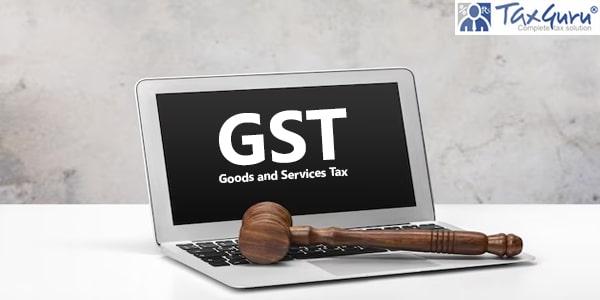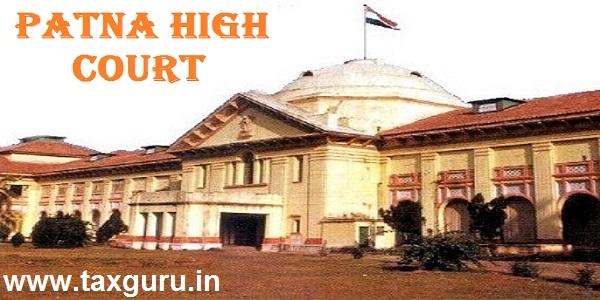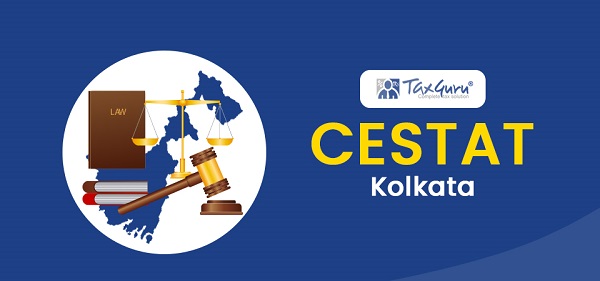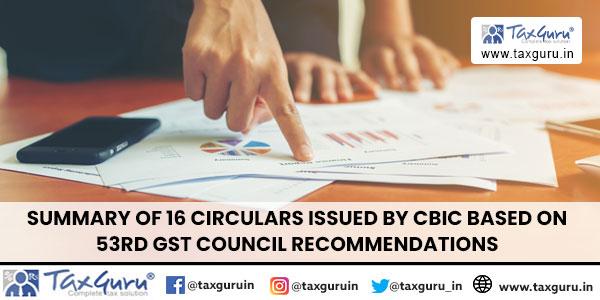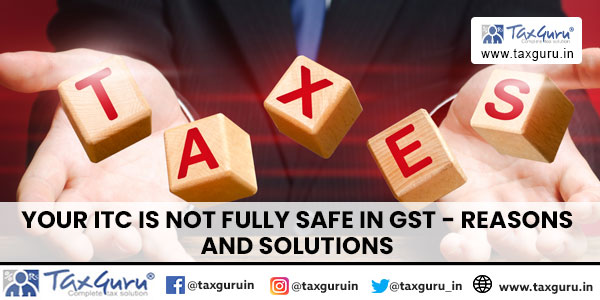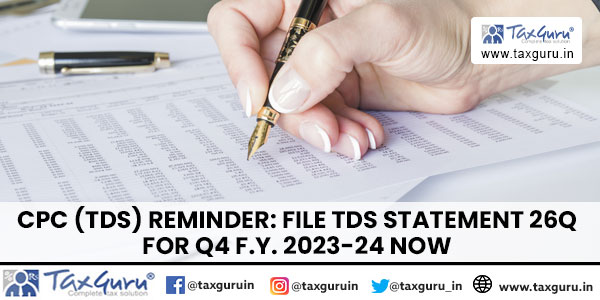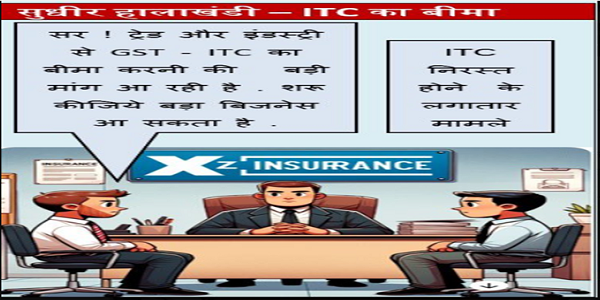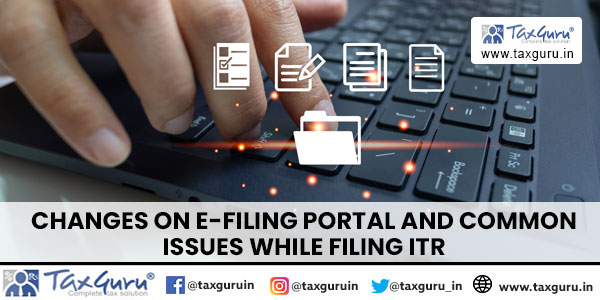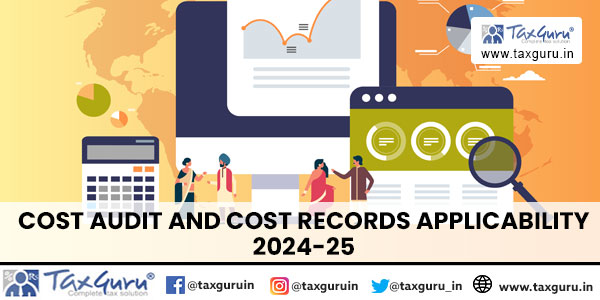Introduction: Recently GSTN issued an advisory regarding new restrictions in E-WayBill generation with effect from 1st March 2024. The imposition of new restrictions on EWayBill generation, effective from March 2024, by GSTN has raised concerns among taxpayers, particularly those entitled to generate eInvoices. This article delves into the intricacies of these restrictions, their potential impacts on various sectors, and the need for further clarification.
The restrictions are applicable for those tax payers who are entitled for generating e-Invoices. From March 2024 onwards their access to E-Way Bill generation through E-Way Bill portal will be restricted and they cannot generate E-WayBill directly without linking the e-Invoices.
They need to generate e-Invoices from IRN portal and from there only they can generate E-WayBill by linking e-Invoices.
This restrictions were brought in to avoid mismatches between e-Invoices data and E-Way Bill data as many assessees generates e-Invoices for an Invoice and generating multiple E-Way Bill for the same e-Invoices to move multiple consignments using same Invoice, thus, evading tax liability causing loss to Government. Hence this restrictions which link eInvoice with E-Way Bill and E-Way Bill cannot be generated directly by eInvoice enabled tax payer.
All that said and seems fine there are some areas for which a clarity is yet to be clarified by GSTN or CBIC.
In case of Exporters there are situations where single Invoice will be generated for a huge volume of materials which will be moved in multiple containers.
There could be situations where a big machinery was dismantled and shipped as Knocked Down Condition for which multiple containers used but Single Invoice is issued.
For those situations GST law prescribes a method, issuing delivery challan for each vehicle based on that Single Invoice, and E-Way Bill can be generated against those Delivery Challans for each vehicle.
With this new restrictions coming into effect how could these consignments will be transported?
If E-Way Bill is generated based on e-Invoices and e-Invoices are generated based on Invoice, then for the whole lot of consignment, one eInvoice and one E-Way Bill will be generated. With that single E-Way Bill how multiple vehicles can be moved? This is a very big question sitting inside many Exporters minds.
One more area is of Job Work.
Manufacturers sends their materials, WIP products to Job Works for further processing and get it returned back. These movements are not moved under Invoice but with Delivery Challans. This process is legally allowed under Sec 143 of the GST Act.
If GSTN restricts access to E-Way Bill portal for eInvoice enabled taxpayers, how will they generate E-Way Bill for Job Work movements?
There were also cases for sending materials for repairs and maintenance and returned back by many businesses. These are also sent on Delivery challan instead of Invoice. They also need to issue E-Way Bill for moving materials but if the E-Way Bill portal was restricted how will they move goods?
Also there are some suggestions coming in, instead of generating eInvoice and E-Way Bill for an Invoice why not the GSTN integrate eInvoice and E-Way Bill into single document like, eInvoice having Vehicle details, so that the confusions will be reduced!
Since there are two months time gap is available, hope, CBIC or GSTN will come up with clarifications on these practical issues of Industries, and enable manual generation of E-Way Bill for Job Work and Exports.
In future, it will be better to consult with Trade and Industry sector before bringing in new restrictions to understand the ground reality and the practical difficulties in implementing them.
Also a validation of such restrictions by CBIC officials and expertized committee will avoid such confusions to Assessees.
Conclusion: The introduction of EWayBill restrictions brings about various challenges for businesses, particularly in export, job work, and material movements for repairs. As the industry awaits clarifications, the need for a comprehensive approach involving stakeholders becomes apparent to address practical difficulties and streamline compliance.





